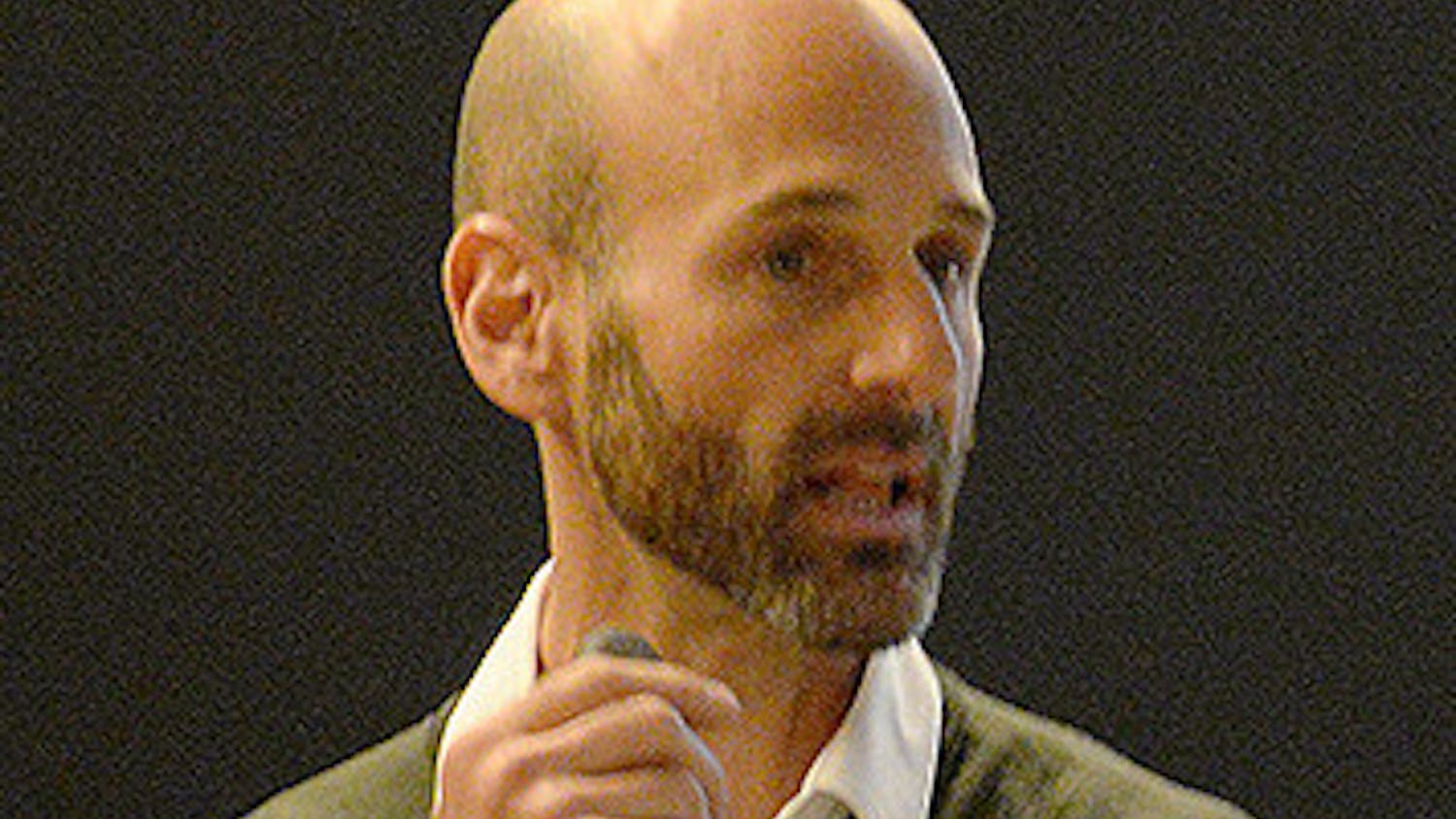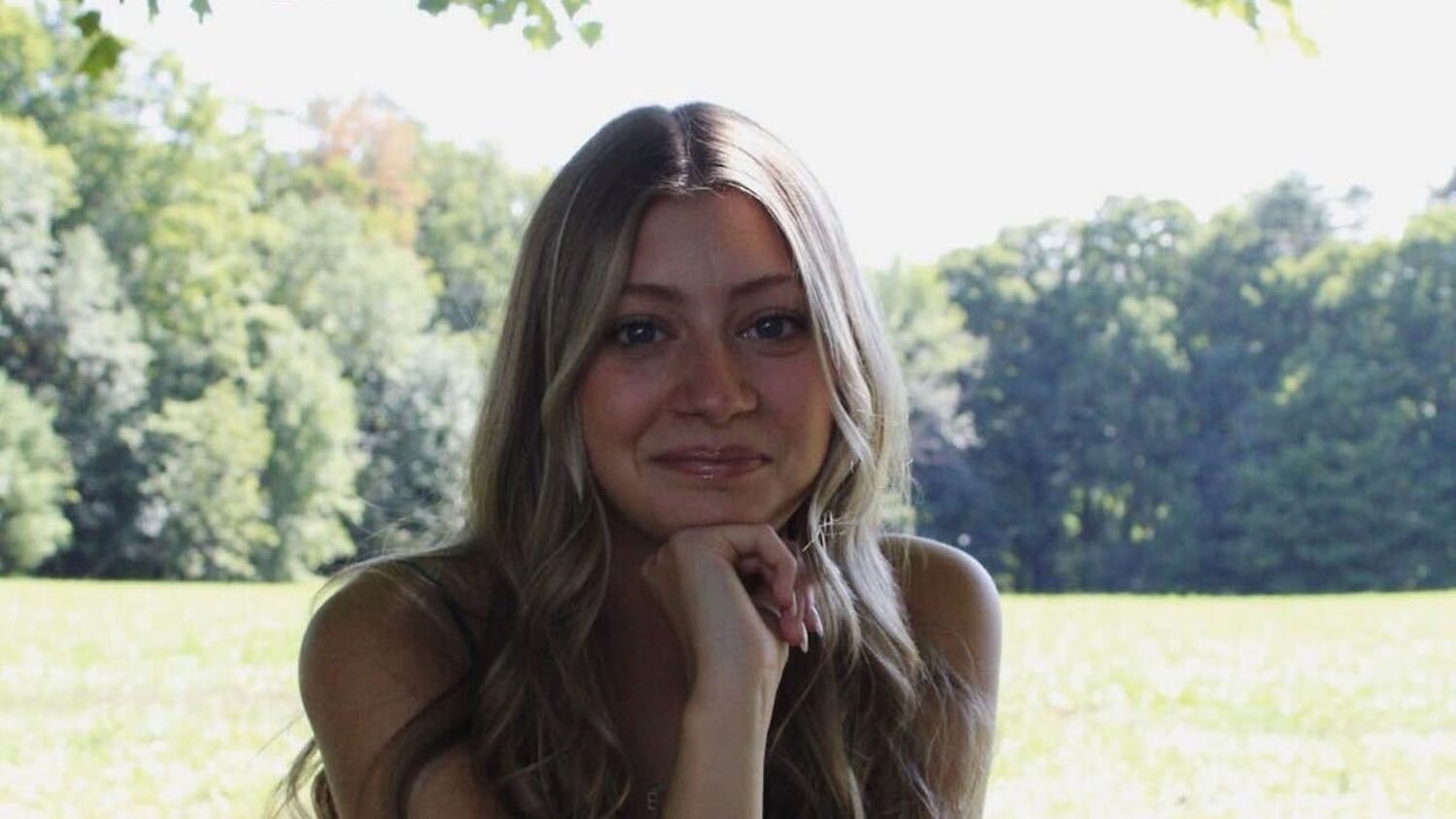Every year, AU takes on another class of intelligent, capable students who seek to make their new home in our safe campus community. Eagle Summit orientation sessions and prospective student tours heavily push the idea of AU’s neighborhood being a safe-haven bubble from the general D.C. metropolitan population. However, this is juxtaposed by the fact that AU’s on-campus residence facilities are simply unable to accommodate all students due to physical space limitations.
This problem manifests most prominently in the droves of upperclassmen and even underclassmen who are ‘forced’ to move to off-campus housing, at locations such as the Berkshire apartments and the Avalon at Foxhall. This is important as look at the methods, intentions and limitations of AU’s “Safe Escort” service. Currently, Public Safety defines the AU community in terms of property that the University owns rather than the people who populate that property. These places are the only ones that AU police will escort students to if they feel unsafe. Even for the hundreds of students who live in nearby off-campus housing such as the Berkshire or the Avalon at Foxhall, they are not entitled to a safe ride home.
The Eagle finds this fact troubling when put in context with the recent increase in local crime that has affected students in these off-campus areas, as students are left with few options to get home safely if they find themselves in an insecure situation. Further, when The Eagle interviewed University officials and questioned Public Safety’s decision not to provide such a service, we were given incomplete responses that revolved around the subject of tight budgets, and that a financially feasible option for providing safe rides/escorts home has not arisen.
But, what kind of lackluster response is this from an institution that advertises itself as a hotbed of innovative solutions? This is especially unbefitting when other D.C. schools, including Georgetown University and George Washington University, have implemented solutions to this exact problem. Brainstorming among our own staff, The Eagle thought of potential solutions, such as rerouting a shuttle bus to take students down Massachusetts Avenue during nighttime hours. Do we have to wait until profound tragedy strikes before the campus community is allowed to sit down and brainstorm how to solve an important community issue? Shouldn't we be proactive rather than reactive?
Philip Morse, the Executive Director of Public Safety, is a figure who has been largely absent from these discussions that pertain to the job he is paid to do. While our staff is appreciative of Director of Public Relations Kelly Alexander, who is designated to speak on behalf of AU Public Safety, this is a letter from a group within the community directly to Morse and his department. When you are ready to discuss with the campus community how the AU police department plans to deliver on the security they promise to students, the AU community -- all of the AU student community, both on-campus and off -- is here, ready to speak with you. The Eagle calls upon the University administration to acknowledge this issue, inform the campus community and make strides toward our own wonky AU solution.
-E





